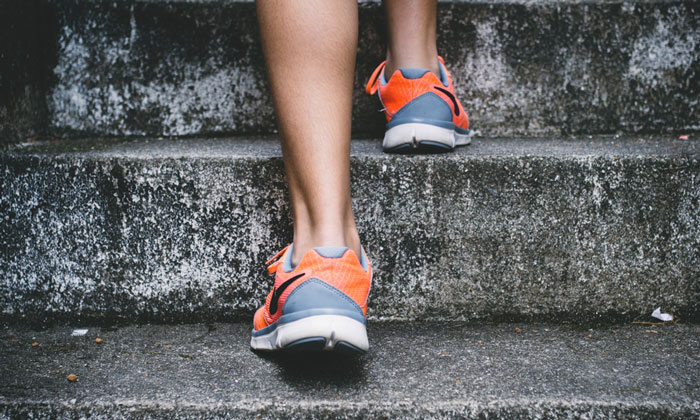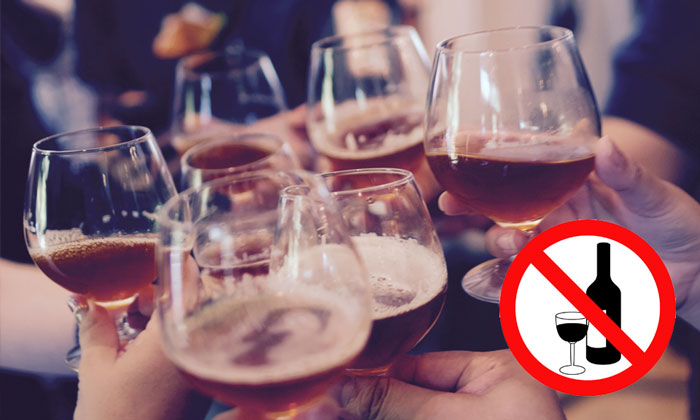Did you know…?
Over 30,000 cardiac arrests happen outside of hospital in the UK every year, and people who have sudden cardiac arrest might often be alone or with someone who doesn’t know CPR. That is why less than 1 in 10 loved ones will survive and get to go home.
During sudden cardiac arrest, the heart races away in a confused, disorganised way, because the electric system in the heart malfunctions. Blood circulation comes to a halt. That means oxygen rich blood is not reaching the lungs and the brain. The person abruptly passes out and doesn’t respond. They might have seizure like activity. They stop breathing and have no pulse.
So how can you make a difference?
- Look after your heart. (See some tips below)
- Learn CPR. (Conact jodie@carlyhearttrust.com to get involved in learning)
- Know where the nearest Defibrillator is and how to use it.
- If you witness someone collapse and they are not breathing, Start CPR immediately, Call 999 or 112, and use a Defibrillator.

Stay physically active, your heart needs a challenge
Like all muscles, the heart becomes stronger as a result of exercise, so it can pump more blood through the body with every beat and continue working at maximum level, if needed, with less strain. The resting heart rate of those who exercise is also slower, because less effort is needed to pump blood. Exercising for 30 minutes or more on most days can help you lose weight, improve your cholesterol, and even lower your blood pressure by as many as five to seven points.

Have a healthy, well balanced diet
A well-balanced diet should include at least 5 portions of fruit and veg a day. Try to vary the types of fruit and veg you eat. They can be fresh, frozen, dried or tinned. Pure unsweetened fruit juice, pulses and beans count as a portion, but they only make up a maximum of one of your five a day, however much you eat in one day. Coupled with regular exercise, a heart-healthy diet can help you to lower cholesterol, control your blood pressure and blood sugar levels, and maintain a healthy weight—while simultaneously improving your mood and outlook.

Drink alcohol only on special occasions, or not at all
Alcohol can affect your heart and lungs. People who are chronic drinkers of alcohol have a higher risk of heart-related issues than people who do not drink. Women who drink are more likely to develop heart disease than men who drink. People who consume too much alcohol may also be at risk for cancer. People who drink frequently are more likely to develop cancer in the mouth, throat, oesophagus, colon, or liver. People who regularly drink and use tobacco together have an even greater cancer risk.

Do not smoke or do drugs
Smoking increases the risk of developing cardiovascular diseases, which includes coronary heart disease and stroke. Smoking damages the lining of your arteries, leading to a build up of fatty material (atheroma) which narrows the artery. This can cause angina, a heart attack or a stroke. Injecting illegal drugs also can lead to cardiovascular problems, such as collapsed veins and bacterial infections of the blood vessels and heart valves.
